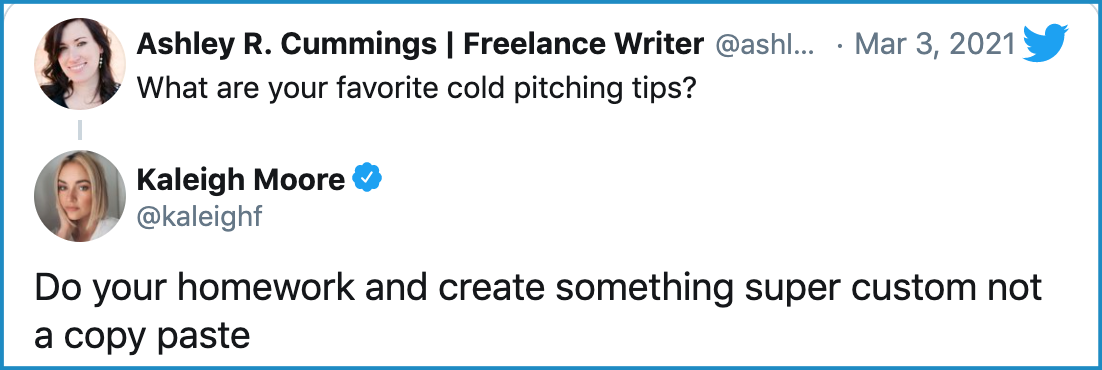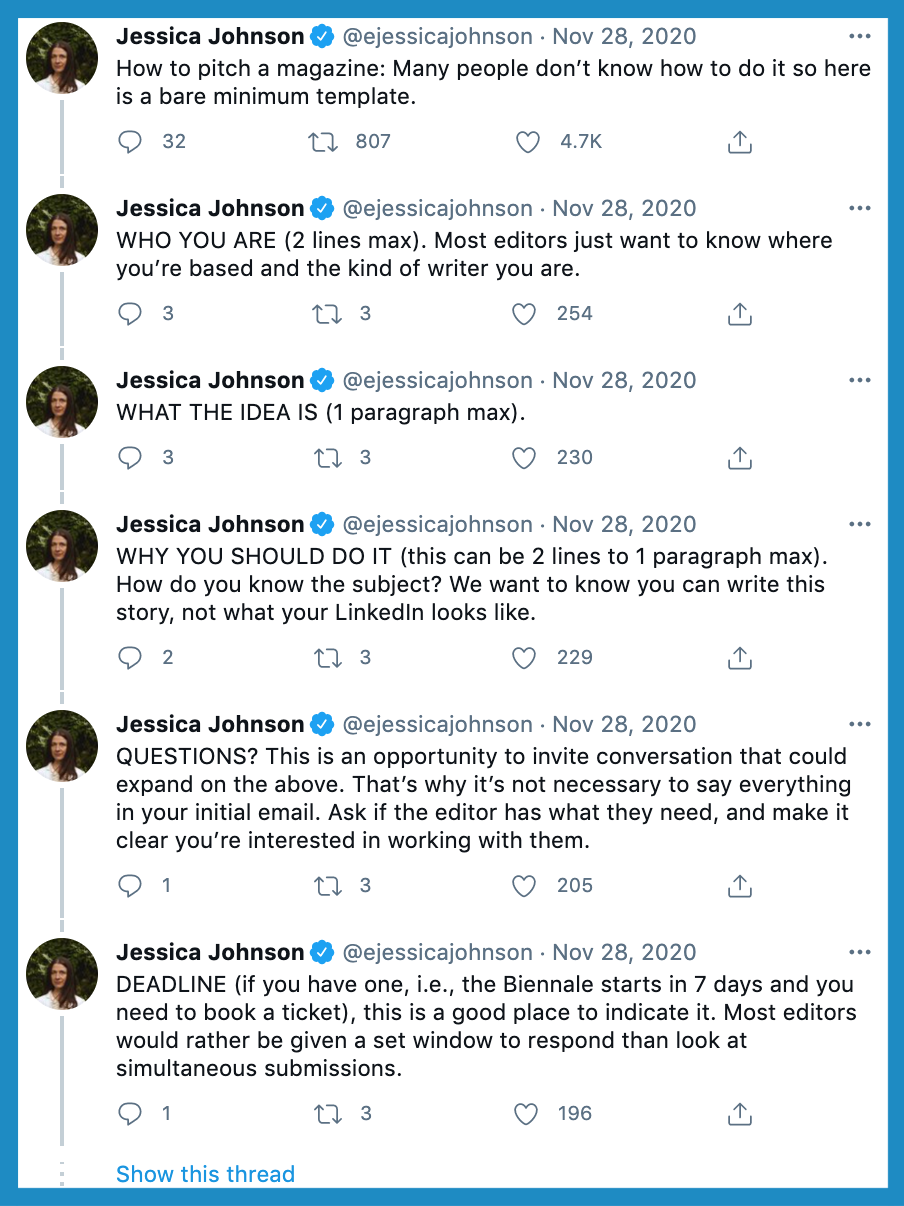There’s a piece of advice floating around the writing world that’s accepted as a golden nugget of wisdom.
It’s used so often; it’s almost cliche.
The advice?
Write a crappy first draft.
Here's the main idea. To overcome writer's block, you should get something down on paper—no matter what it is. The act of writing your thoughts down—no matter how garbage they are—will propel you forward.
This is terrible advice to give a freelance writer.
Here are some of the reasons writing a crappy first draft in the face of writer’s block is a bad idea:
It’s time-consuming. Instead of writing one decent draft that requires little editing, you end up doing the same assignment twice or thrice. What could have been accomplished in 2.5 hours takes 5-6 hours.
It’s frustrating. If you’re not feeling it and your brain and heart aren’t in the zone, you’re going to hate your life. It’s kind of like forcing yourself to eat a yucky protein shake when your body is craving a steak. You end up drinking a protein shake and then going to bed HANGRY, or drinking the gross shake and having the steak too.
It’s like buying stock when everyone else is selling. Writing is a volatile action. Sometimes the stars align, and To Kill A Mockingbird is born. Other times, you and I (but probably not Harper Lee) end up in tears with piles of crumpled up paper around the trash can. I’m not saying you shouldn’t experience volatility as a writer. All writers have ups and downs, and there is a time and a place to push through. I am saying that you’re better off leveraging your creative and emotional up times when it comes to client work.
It tears down your confidence. I’ve written my fair share of crap drafts, and it always makes me feel like I suck at writing. I’ve also written some killer articles that result in inner high fives, extra confidence, and growth. I prefer the latter.
It causes resentment. Why did I accept this assignment? + It’s too hard + I can’t do it = resenting yourself. Why did this client send over such a challenging topic + They need to communicate better? + I don’t even know where to start = resenting your client. No one needs that.
These are the main reasons why writing a crappy first draft is a bad idea. But, this begs the question, “how do I write a decent first draft every time?”
Great question! I’ll tell you.
1. Write when you’re fresh
You’re already a great writer. I’d be willing to bet that the times you experience writer’s block is when you’re overwhelmed physically, emotionally, or mentally.
Instead of trying to push through the down times, schedule your daily writing when you’re most energetic and rested. For me, this is early morning.
Like everyone, I have a busy life with a lot of demands (aka kids). If I try and save the tasks that pay for my life when I’m least energetic, confusing writing ensues.
2. Schedule time to rest and play
Writing is just like exercising. If you want to get stronger, you have to do it a lot—almost every day. BUUUUT…you also have to schedule in time for recovery.
And, this is what is cool about freelancing. You can *mostly* control your schedule. Don't pack it so tight that you never have time to breathe.
3. Channel that “crappy first draft writing” into a less pressing writing task
Every writer gets writer's block. It isn't easy to organize your thoughts and get them on a page cohesively and powerfully.
If you run into writer’s block with a particular client task, it is good to start writing. However, turning toward a creative writing project, or even another client project that’s like clockwork, is a more effective way to get the wheels turning.
4. Work from a content brief
Writer’s block is often the result of not understanding what your client wants. Maybe you don’t know what their content marketing goals are. Perhaps you don’t understand the client’s target audience and their pain points. Maybe there are a thousand different directions you could take the article, and you don’t know what points the client wants you to highlight.
If you don’t use a content brief, it’s no wonder you have writer’s block. You’re walking in the dark.
You should send a content brief to your client for every project. Period.
(Did you know a proven content brief—and the one I use—is one of the many resources in my Freelance Writing Business Guide + Kit?)
If you only want to purchase the content brief for $39.00, you can buy it here.
5. Write an outline
If you’re trying to write the whole first draft all at once with no direction, your draft is going to be bad.
Even the Cheshire Cat says so.
Alice: Would you tell me, please, which way I ought to go from here?
The Cheshire Cat: That depends a good deal on where you want to get to.
Alice: I don’t much care where.
The Cheshire Cat: Then it doesn’t much matter which way you go.
Alice: …so long as I get somewhere.
The Cheshire Cat: Oh, you’re sure to do that, if only you walk write long enough.
The Cheshire Cat is onto something here. If you don’t know where you’re going, you’re going to get lost.
This sage advice from literature’s favorite wackadoodle cat applies perfectly to the writing process.
If you want to get somewhere with your work, you have to plan and prepare. Don’t start writing a soliloquy. Start with the bare bones of the project, outlining the intro, main ideas, calls to action, etc.
Once you have a good skeleton, PUT SOME MEAT ON THOSE BONES.
If you start with an outline, chances are you’ll end up with a decent first draft.
There you have it! I hope your next draft is fantastic, or at least not crappy.
Like what you see? Subscribe to Content Connect.







